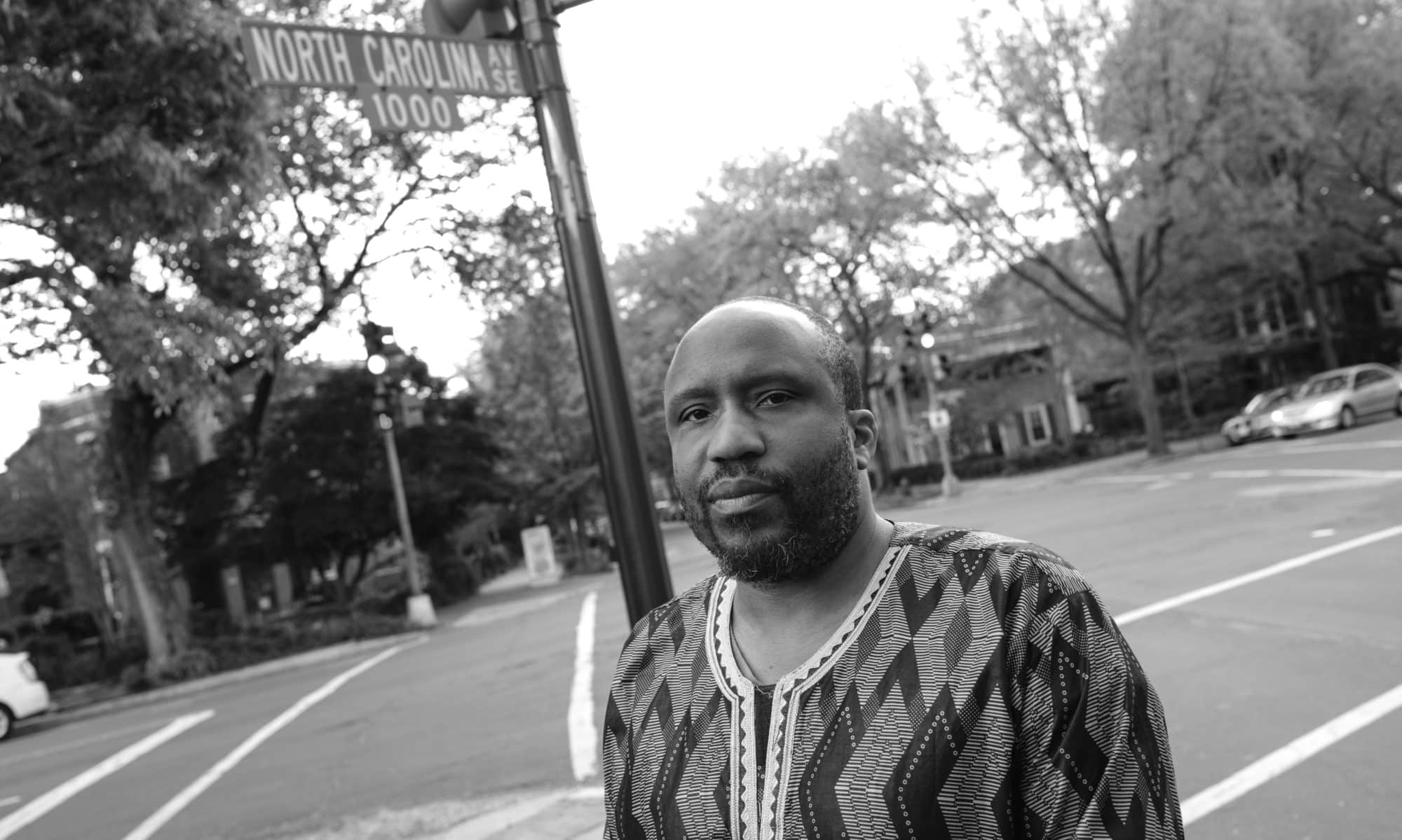Not this JB…
This JB…

I don’t remember when I became interested in Baldwin, but I do remember seeing The Amen Corner
as a kid with my parents, and pulling Blues for Mister Charlie and The Fire Next Time
off my parents bookshelf and trying to make sense of the world that Baldwin was talking about. It would not be until I was a teenager that I would start to grasp how deep Baldwin is/was/be.
Much later than that I would come across Baldwin’s essay On Being White and Other Lies. This essay in a lot of ways made me rethink what it means for a group of people to decide and believe that they are “White” and for that group of people to decide who else was or could become “White” . Conversely, that same group of people convinced of their “Whiteness” (pure, fair, just and deserving of honor) could also determine who would be their binary opposite, the “Blacks”. This essay for me also caused me to question “Blackness” as a function of being this binary opposite and the moral assignments that come along with it.
As student of Mathematics and Information Systems, I also started to think about the inability of a simple binary system in language to capture the complexity of humanity. For me, I find it hard to talk fully about such complex in such simple terms. In intellectual, creative and progressive circle many of us push the envelope for more inclusive, complexity and nuanced, you see this so much in gender and sexuality discussions, you see it socioeconomic class discussions, yet when it comes to race and culture we seem to be stuck with the binary.
Both “Whiteness” and “Blackness” are fiction despite the cultural, social, political and economic capital they wield and how real they feel. That is not to say that I am not connected to the substance of the experience in America we call “Blackness”, I am just not convinced that that label effectively or accurately captures that experience. Baldwin help to make that clear for me.
I am going to end with this anecdote, because I think it articulates what Baldwin was saying more clearly than I ever could. A few years ago, I was sitting on one of Dr.Greg Carr‘s lectures at Howard University and he said to a roomful of “Black” people, “In American society someone has to be Black, that don’t mean it has to be you.” Hearing that made me re-visit Baldwin’s essay and gave me another way to look at the language we use and that is used against us…


